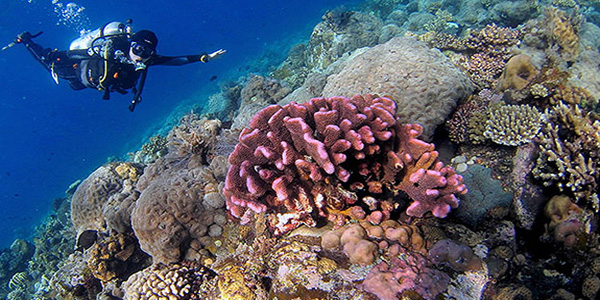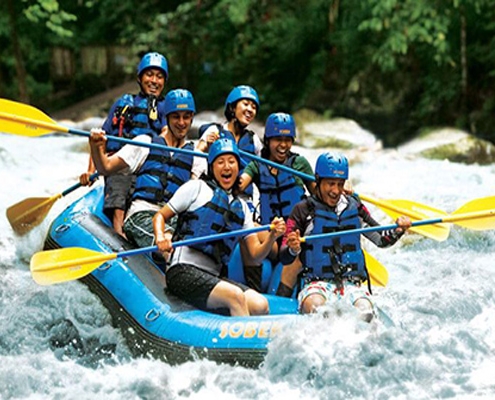Bali Scuba Diving
Here in Bali we offers some place for Scuba Diving Experiences. That gives you a whole new dimension to your diving adventures.
As it suggests you live on the sea, while you get the opportunity to explore what lies beneath.
Nusadua
Nusa Dua is home to some of the most luxurious resorts in the world, It is also quite close to Dreamland and Jimbaran. Nusa Dua is surrounded by crystal clear water. The coral reefs around it or even further out into the ocean are excellent snorkeling and diving sites. The warm, tranquil waters play host to an abundance of plant and marine life and with its close proximity to the mainland we can complete two dives in half a day. This site is perfect for all divers and snorkelers with depths ranging from 2-16 meters (6-50 feet) and visibility around 10-25 meters (33-82 feet). This site is also ideal for diver training. Suitable for people who want quick, easy dive or refresh dive skills before exploring another famous dive sites in Bali. A spectacular variety of fish, amazingly colorful corals grow from 3 meters slope down to max depth of 18 meters.
Tulamben
Tulamben has become Bali’s most famous diving area and therefore where you are most likely to meet internationally recognized underwater photographers and writers. Tulamben Bay, like the rest of Bali, is situated in the richest marine bio geographic zone in the world. Being on the north east coast, the bay receives very plankton-rich waters from the major ocean current that moves from the Pacific to the Indian Ocean. This, coupled with the fact that the three main dive sites provide totally d different physical environments, mean that Tulamben contains a stunningly diverse underwater ecosystem. These include the USA’s Liberty Ship Wreck, the Coral Garden or house reef, and the Drop-Off.
Amed
Amed, the village, is located on the north east coast of Bali, however the sites we call “Amed” actually stretch along the coast from Amed village (muck site) to Jemeluk and Bunutan, and beyond to Lipah Bay (“Japanese wreck” site). The area is quiet and the scenery lovely. The area makes a great location for day trips. At both Jemeluk and Bunutan there is a grey/black sand beach, a sharp contrast to its nearby neighbor, the rocky Tulamben bay. At Lipah Bay the shore is rocky, similar to the Tulamben area. There are a variety of sites in the area from the reef of Jemeluk and the Garden Eel Point at Bunutan, to the more mucky Ghost Bay. Access can be made to the different sites by either shore or jukung (local boat) entry.
Nusa Penida
Nusa Penida: Mola-Molas and Mantas. Nusa Penida is the largest, 17km long, of 3 islands the others being Nusa Lembongan and Nusa Ceningan, that lie the other side of the Bandung Strait from Bali’s east coast. The water here is fairly cold, due to a deep up welling south of Bali, but often startlingly clear, with gorgeous corals and prolific fish and some turtles, Grey reef and Silver-tip sharks. In July-mid November Mola-Mola, the weird and wonderful Ocean sunfish can be seen here.
Menjangan Island
Menjangan Island. It is located off the north west coast of Bali and has been featured as Bali’s most recognized dive site since the late 1970s. Known for its sprawling reef flats, calm and mostly predictable conditions, and relatively sheltered location, Menjangan Island has remained a favorite with many divers despite its damage and recovery from both a coral-eating Crown of Thorns infestation and coral bleaching caused by El Niño in the late 90s. It is now part of the West Bali National Park.


 toekikbalitours.com
toekikbalitours.com toekikbalitours.com
toekikbalitours.com toekikbalitours.com
toekikbalitours.com toekikbalitours.com
toekikbalitours.com toekikbalitours.com
toekikbalitours.com